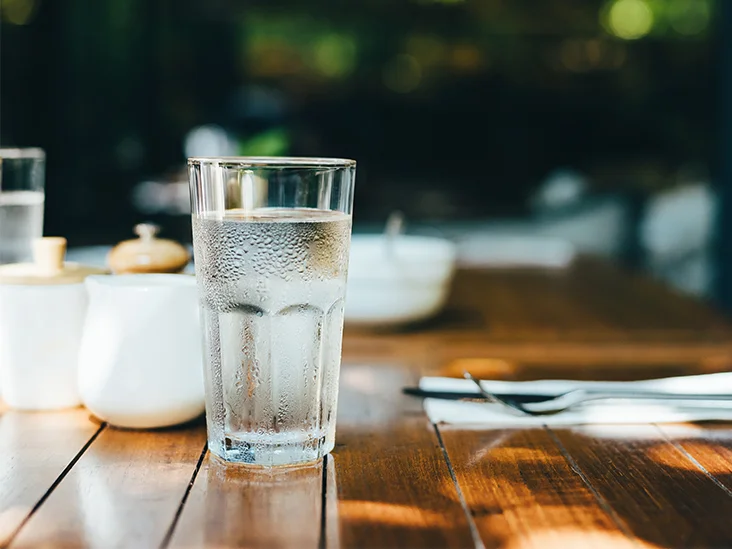How much water do you really need when you hit the gym?

Cold water on the table.
Proper hydration is essential for optimal performance and recovery during exercise, and this is particularly true when it comes to hitting the gym. But how much water do you really need when you’re working out?
The answer to this question depends on a variety of factors, including the intensity and duration of your workout, your body size and composition, and the environmental conditions in which you are exercising. However, a general rule of thumb is to drink about 17-20 ounces of water two to three hours before exercising, and then another 8 ounces of water 20-30 minutes before your workout.
During your workout, you should aim to drink about 7-10 ounces of water every 10-20 minutes, depending on your individual needs and the intensity of your exercise. If you’re exercising for longer than an hour, you may want to consider a sports drink that contains electrolytes to help replace the sodium and other minerals lost through sweat.
After your workout, it’s important to continue hydrating to help replace fluids lost during exercise. Aim to drink at least 16-24 ounces of water for every pound of body weight lost during your workout. You can also incorporate foods and beverages that are high in water content, such as fruits, vegetables, and soups, into your post-workout routine.
One important consideration when it comes to hydration during exercise is the risk of dehydration. Dehydration can lead to a range of negative effects, including decreased performance, muscle cramps, and even heat exhaustion or heat stroke in extreme cases. In order to prevent dehydration, it’s important to pay attention to your body’s thirst signals and to drink fluids regularly throughout your workout.
Another consideration is the risk of overhydration, or hyponatremia, which can occur when you drink too much water without replacing electrolytes lost through sweat. Symptoms of hyponatremia include headache, nausea, confusion, and in severe cases, seizures or coma. To prevent overhydration, it’s important to drink fluids in moderation and to choose sports drinks or other beverages that contain electrolytes when exercising for extended periods of time.
In addition to drinking enough water, it’s also important to pay attention to the timing of your fluid intake. Drinking too much water immediately before or during exercise can lead to discomfort and interfere with your performance, while failing to drink enough water can lead to dehydration and impaired performance.
One strategy to help ensure proper hydration during exercise is to create a hydration plan based on your individual needs and preferences. This plan should take into account factors such as your body size and composition, the intensity and duration of your workouts, and the environmental conditions in which you are exercising.
To create a hydration plan, start by assessing your individual fluid needs. This can be done by calculating your sweat rate, or the amount of fluid you lose through sweat during exercise. To calculate your sweat rate, weigh yourself before and after a workout, and subtract the post-workout weight from the pre-workout weight to determine how much fluid you lost.
Once you know your sweat rate, you can use this information to develop a hydration plan that will help you replace fluids lost during exercise. For example, if you lose 1 pound of fluid during a 1-hour workout, you may need to drink 16-20 ounces of water or a sports drink every hour to maintain proper hydration.
In addition to developing a hydration plan, it’s also important to pay attention to your body’s thirst signals and to adjust your fluid intake as needed. If you feel thirsty during your workout, take a break to drink fluids and rest. If you experience symptoms of dehydration or overhydration, such as dizziness, confusion, or nausea, stop exercising and seek medical attention.
In conclusion, proper hydration is essential for optimal performance and recovery during exercise, particularly when it comes

